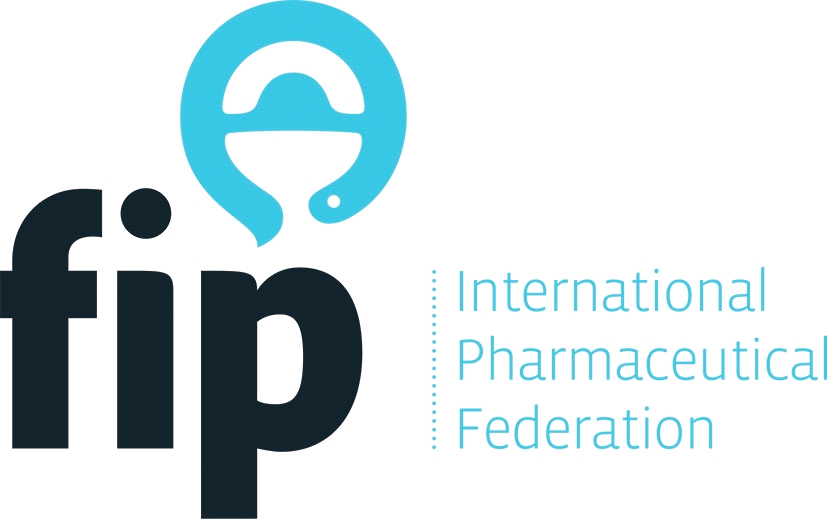October 2014
Dear Governor Masuzoe,
As health professionals committed to reducing death and illness around the world, we are delighted with your recent announcement of plans to make Tokyo smokefree in time for the 2020 Olympic and Paralympic Games. This would greatly enhance the quality of the Games, enabling them to meet international standards for safety and comfort and to live up to their full potential of promoting health through sport. Even more importantly, it would leave an enduring legacy of better life and health for the whole population of the city. With the eyes of the world on Tokyo, this initiative would serve as a model for other cities and as an example of how municipal policy can help drive improvements in health at national and even global levels.
As former Minister of Health, Labor and Welfare you are certainly aware of the hazards of secondhand smoke exposure to the population: secondhand smoke kills more than 600,000 nonsmokers a year, including many children. Evidence is clear that it causes heart attacks and strokes, asthma, lung disease and cancer. It harms unborn babies and increases childhood illness and death from Sudden Infant Death Syndrome. There is no safe level of exposure to secondhand smoke; even short exposure sets off physiological processes linked to heart attacks. Introduction of a smokefree policy quickly reduces heart attacks and asthma among non‐smokers.
As Japan is party to the Framework Convention on Tobacco Control (FCTC), your efforts in Tokyo can be of great value in stimulating Japan to meet its legal obligations under the treaty. As you seek to make Tokyo smokefree, we urge to you align municipal policies with guidelines to Article 8 of the FCTC. These outline evidence‐based best practice in smokefree policy, requiring 100% smokefree public indoor places set by law. They do not permit designated indoor smoking areas or other exceptions. This is the only way to provide the population with full protection from the harms of secondhand smoke, and international experience has shown that such policy is easier to implement than laws which allow smoking rooms.
Should you need assistance in designing, implementing and enforcing smokefree policy, the World Health Organisation (WHO) has some very good practical guidance for developing smokefree policy in its publication Making Cities Smokefree and there are a number of cities with extensive experience. We fully support and urge adoption of laws aligned with the FCTC, such as the draft ordinance proposed by the Tokyo Medical Society in 2012, and Committee for the Passive Smoking Prevention, Japan in August 2014. Should there be any need for support from international or domestic civil society, we would be pleased to mobilize our extensive global networks to assist in this critical battle for public health.
We look forward to joining you in Tokyo for a great celebration of this victory for public health at the 2020 Olympics!




